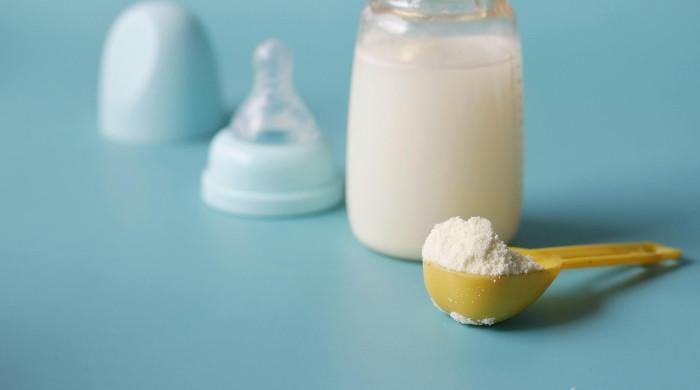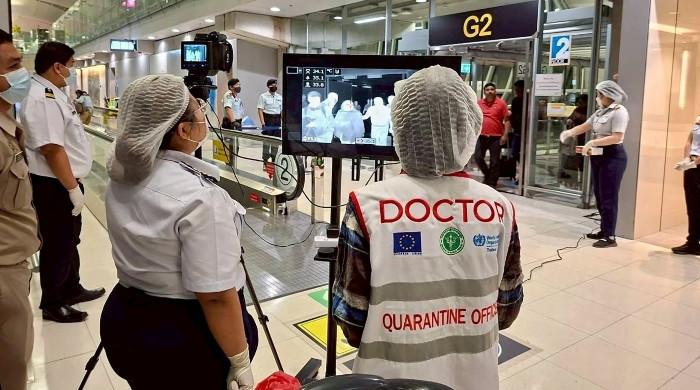Pakistan set to launch first national anti-cancer vaccination drive
Drive aims to prevent cervical cancer, the second most common cancer among women in Pakistan
September 01, 2025

- Vaccination campaign to target 13 million girls.
- Girls, aged 9 to 14, to receive single-dose jab.
- Pakistan to vaccinate 18m girls in next 3 years.
Pakistan will launch its first-ever national HPV vaccination campaign from September 15 to 27, marking a major step in the country’s efforts to prevent cervical cancer — the second most common cancer among women nationwide.
According to The News, the campaign will target around 13 million girls, aged 9 to 14, across Punjab, Sindh, Islamabad, and Azad Jammu and Kashmir. A single-dose vaccine will be administered, which provides lifelong protection.
The DOPASI Foundation, in partnership with FDI and with support from Gavi, The Vaccine Alliance, convened a strategic workshop in Islamabad to mobilise support for a “cervical cancer-free Pakistan.” The event brought together health experts, government officials, and civil society representatives. Participants emphasised that doctors, private hospitals, and non-governmental organisations would play a decisive role in the campaign’s success.
Dr Farhaj Uddin, Programme Manager for the HPV campaign at DOPASI Foundation, said the initiative focuses on advocacy and community mobilisation to dispel myths and misconceptions. “We are committed to supporting the government in reaching every eligible girl and in building public confidence around this vaccine,” he stressed.
Highlighting the role of medical professionals, Dr Khurram Shahzad, Director Technical at FDI, said that the public trusts doctors more than anyone else when it comes to vaccine safety.
“Their voice is the most effective tool to counter myths and misconceptions,” he noted. Dr Irshad Ali Jokhio, Director General of Health Services CDA, announced that the HPV vaccine would be added to Pakistan’s routine immunisation programme.
Meanwhile, Dr Rozeena Khalid of WHO reminded participants that cervical cancer is now claiming more Pakistani women each year than breast cancer. “Vaccinating adolescent girls is the only way to reduce this preventable disease,” she said. Dr Saima Khursheed Zubair added that, although cervical cancer affects adult women, vaccination before the age of 15 is essential to ensure lifelong protection.
Speakers stressed that Pakistan has set an ambitious target to vaccinate 18 million girls over the next three years. This goal can only be achieved through the active engagement of civil society and healthcare providers. Participants also acknowledged the DOPASI Foundation’s leadership and praised its efforts in awareness-building and community outreach.
In his closing remarks, Dr Bilal Arshad, CEO of Ali Medical Hospital, said the campaign’s outcome ultimately depends on doctors. “Their advocacy will decide whether Pakistan can meet its target and save millions of lives in the years to come,” he said.
With this campaign, Pakistan will join 149 other countries that have already introduced the HPV vaccine.











